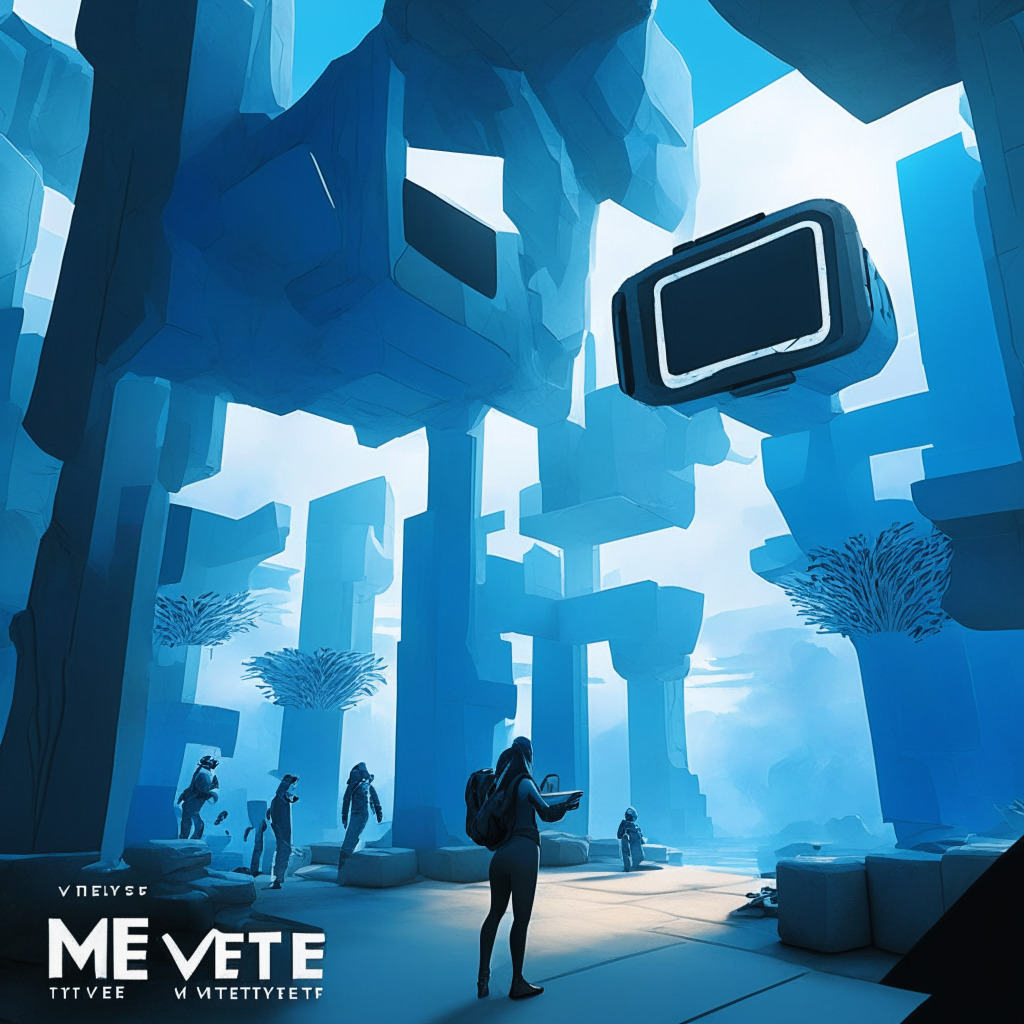The rise of nonfungible tokens (NFTs) on the Monero blockchain, known as Mordinals, has sparked concerns within the Monero community about potential risks to privacy, decentralization, and illegal usage. These criticisms mirror those towards Bitcoin Ordinals, but with added focus on Monero’s privacy concerns.
Monero transactions operate using ring signatures, which mix genuine transactions with fake ones to protect user privacy. However, if an attacker were to flood Monero’s blockchain with Mordinals, it could become easier to distinguish real transactions from dummy NFTs. The pressure on privacy draws attention, as in 2020, the United States Internal Revenue Service offered a $625,000 bounty for anyone who could help track Monero transactions, indicating potential for such attacks.
In addition, there are worries about the storage requirements for nodes as blocks get bigger, which could discourage smaller nodes from staying online. However, nodes could potentially prune these transactions to resolve this issue, albeit with risks of censorship.
Despite these concerns, the Monero community acknowledges that the introduction of Mordinals need not result in the erosion of privacy. Cake Wallet vice president Justin Ehrenhofer has suggested limiting the size of the “tx_extra” field in Monero transactions to 256 bytes. This approach could increase the attack cost and offer flexibility for future use cases without jeopardizing privacy.
Additionally, some view privacy-conscious NFTs as valuable tools in protecting financial data while selling in-game assets. Apollo Greed, CEO of gaming merchant service firm QGlobe Games, stated that Monero holders hold diverse opinions on the impact of NFTs on privacy and potential value.
However, concerns remain about the possibility of Monero being used to store and sell illegal content due to its privacy-focused and uncensorable nature. Although this was always possible on Monero, the introduction of Mordinals has made such usage more accessible to those with limited technical experience.
In the future, improvements to Mordinals could be made to limit any negative effects on the Monero network. Community member Ofrnxmr has suggested that the project could be part of a stunt by a Monero insider trying to prompt the removal of the tx_extra field from transactions. While removing tx_extra entirely could result in other problems for upcoming projects like the Serai DEX, Monero’s community has already taken steps to limit its size, making attacks on the network more difficult.
To ensure that NFTs can thrive on Monero, it is necessary to balance privacy, security, and efficiency with future-proofing and improving their utility. Monero’s values may not perfectly align with NFTs right now, but effective interventions can potentially minimize conflicts and allow Mordinals to benefit the network without compromising its core principles.
Source: Cointelegraph




